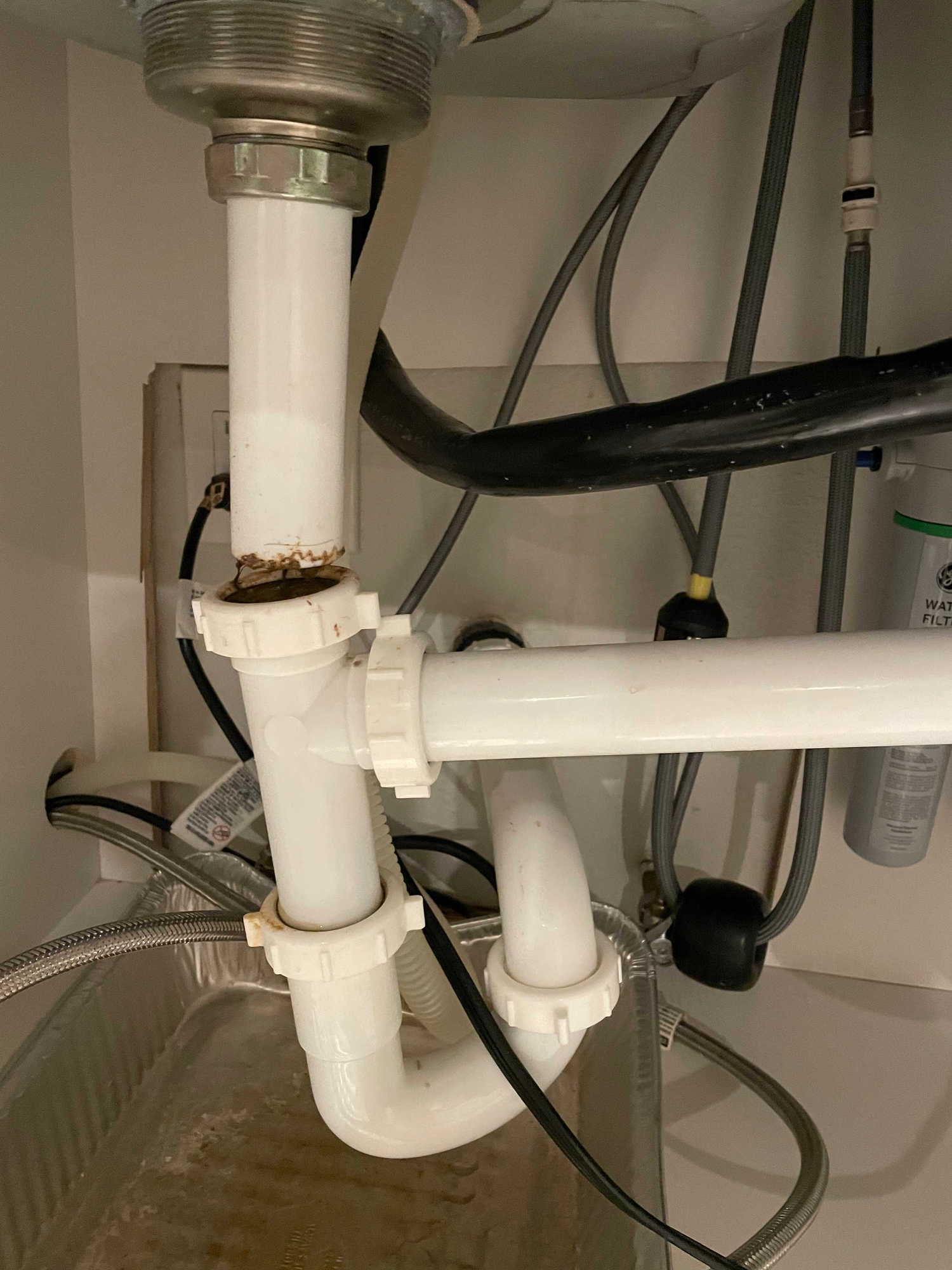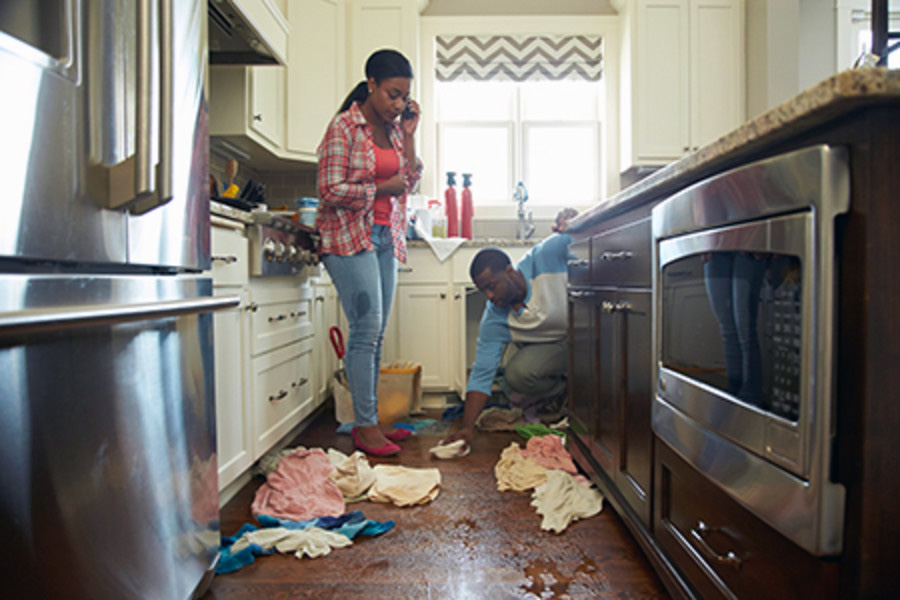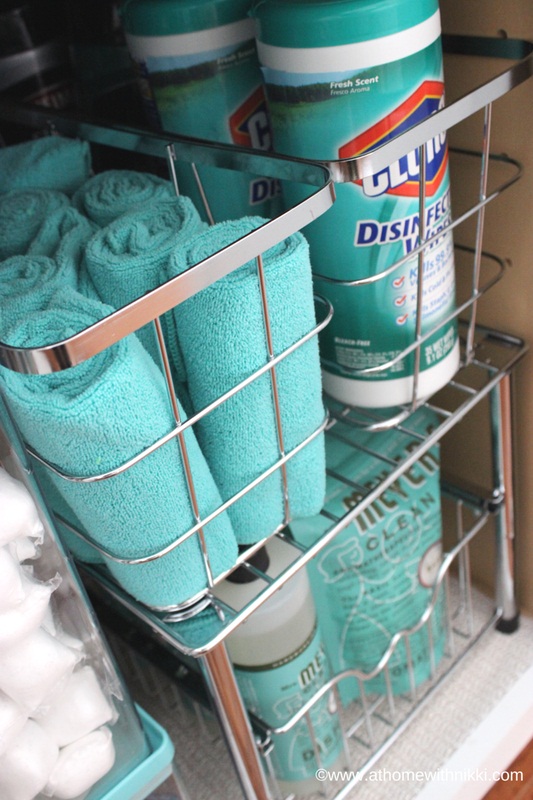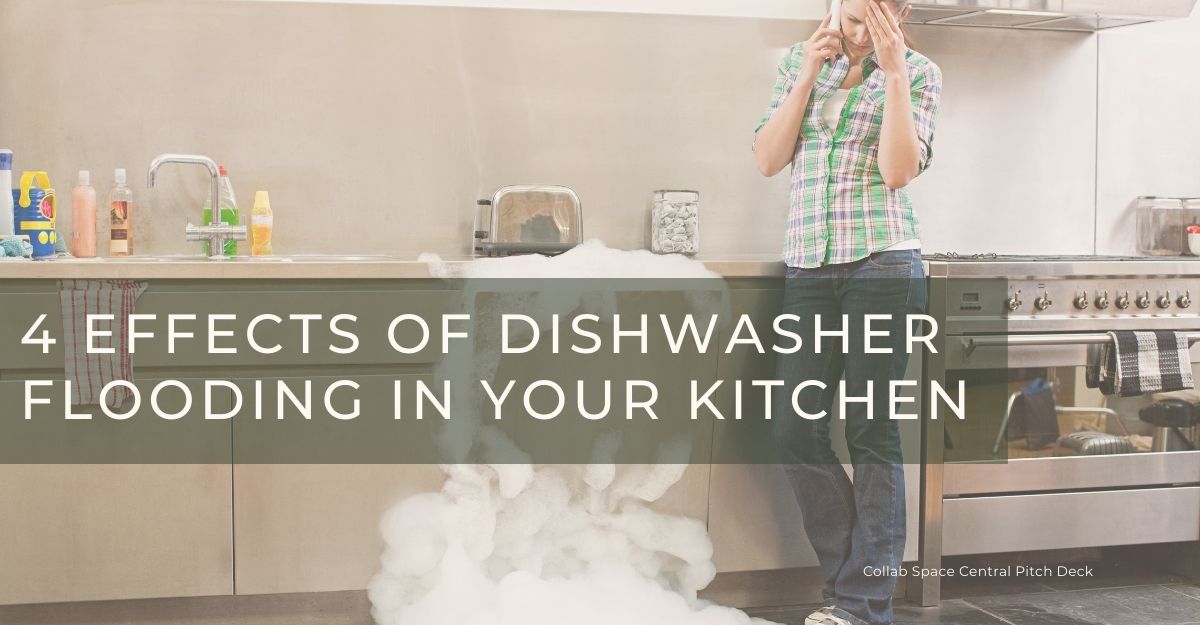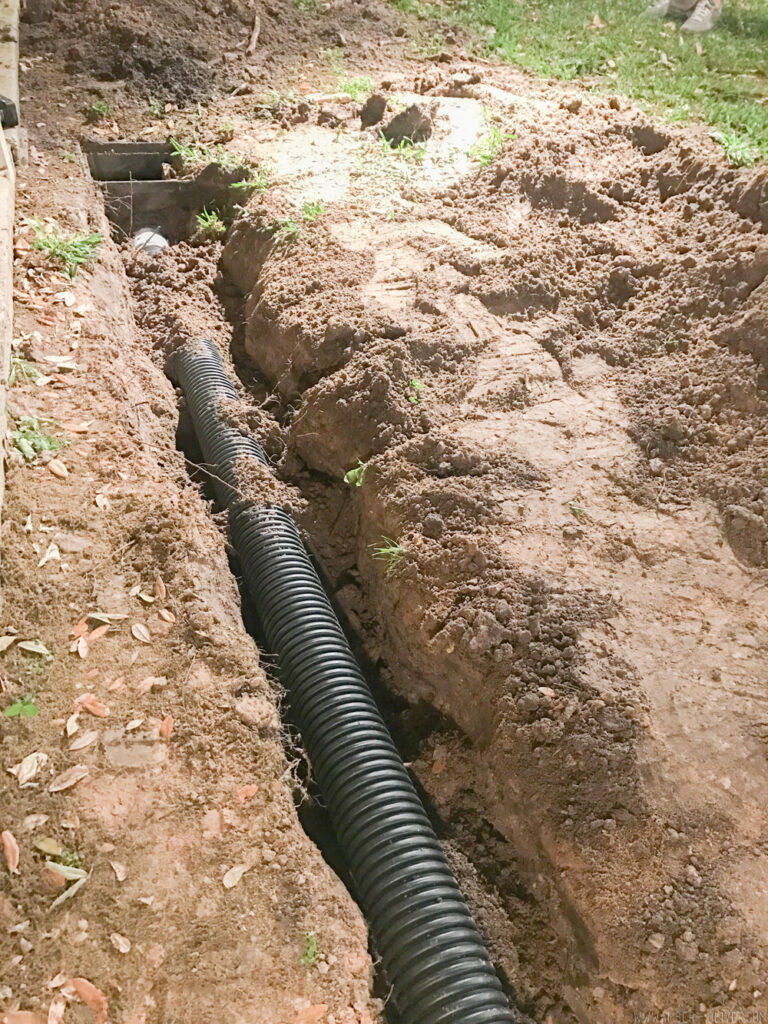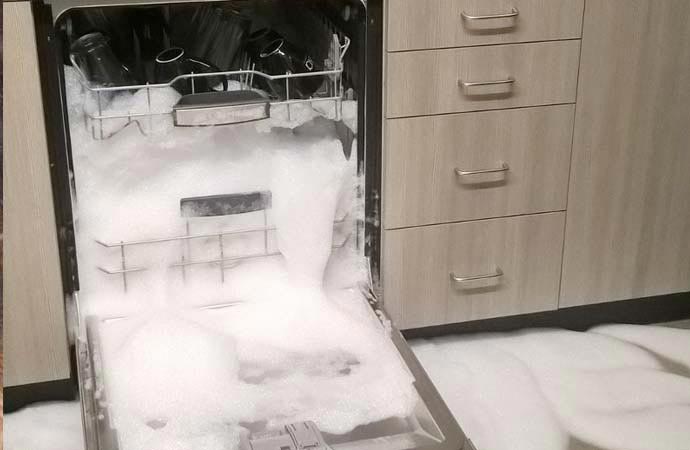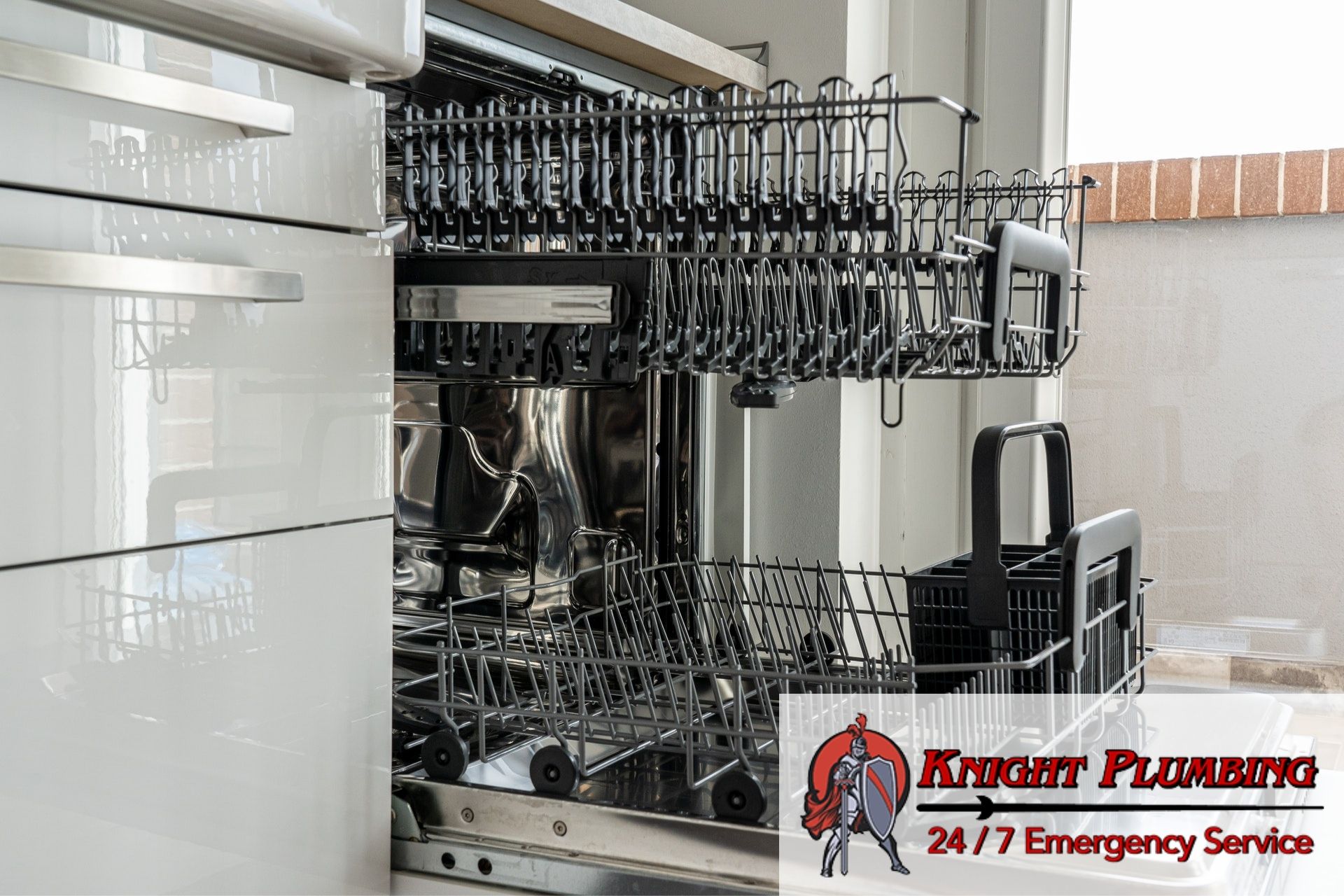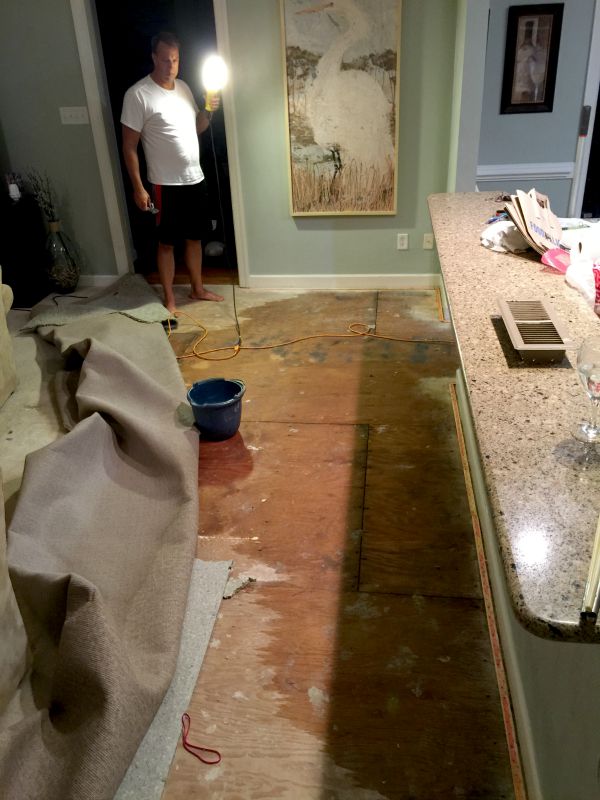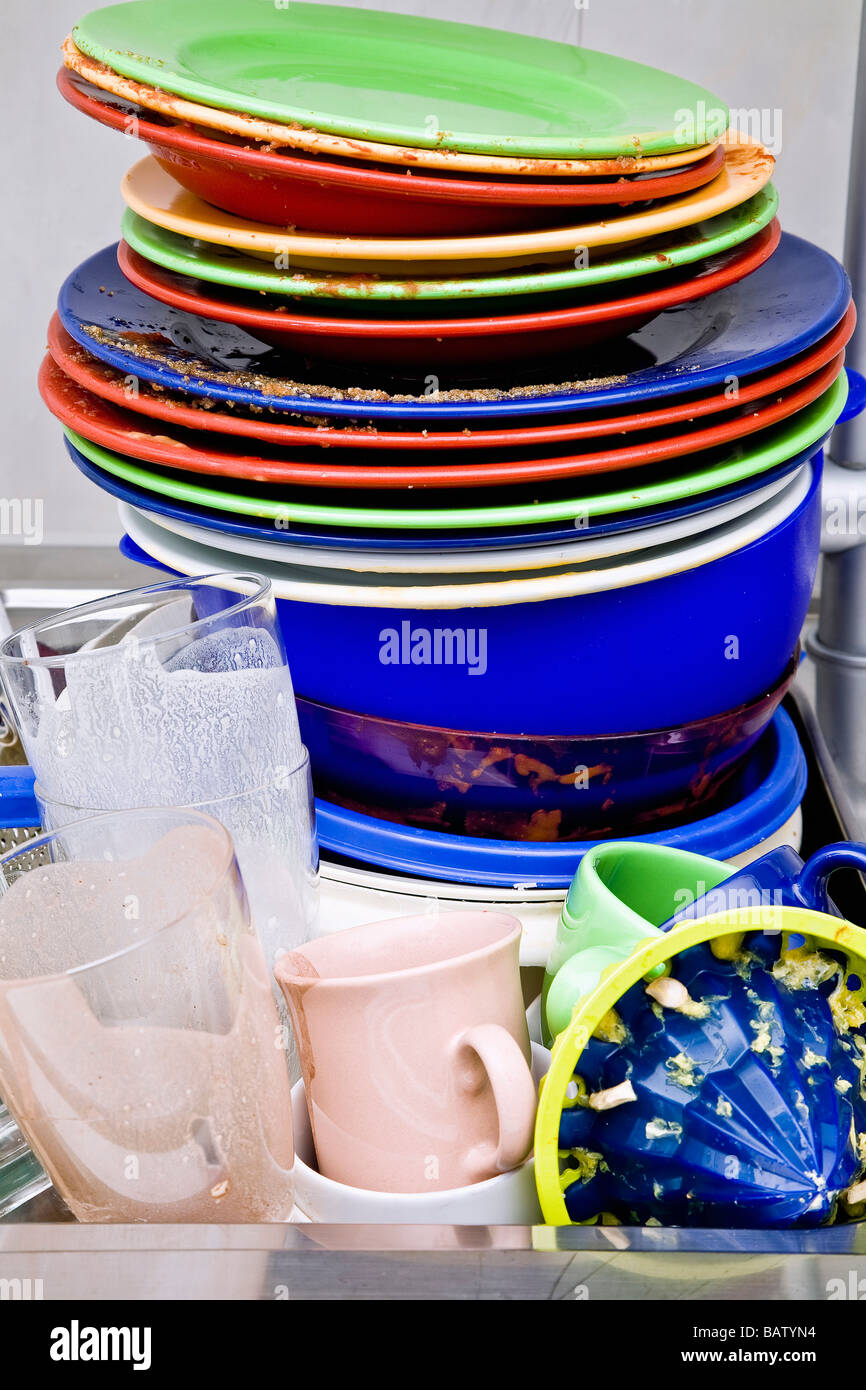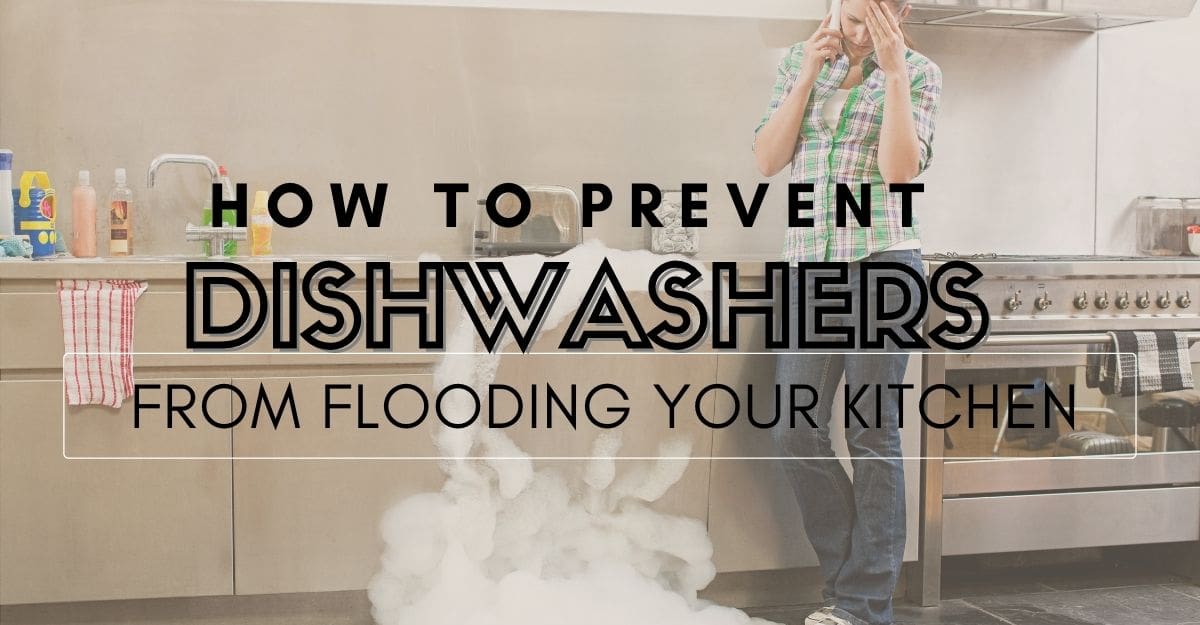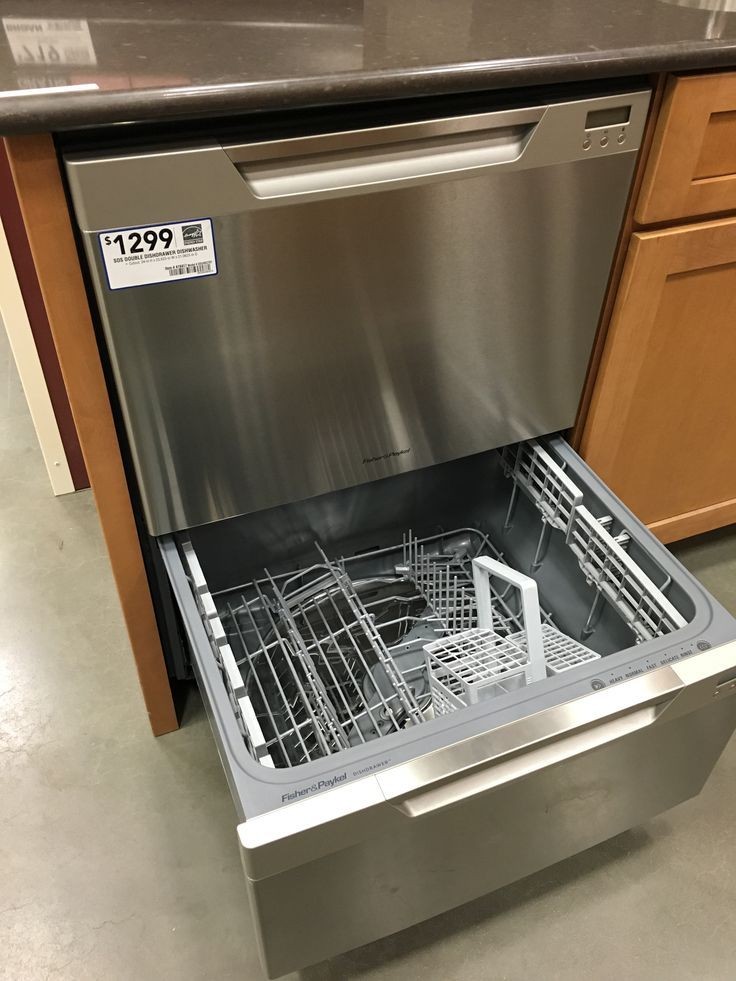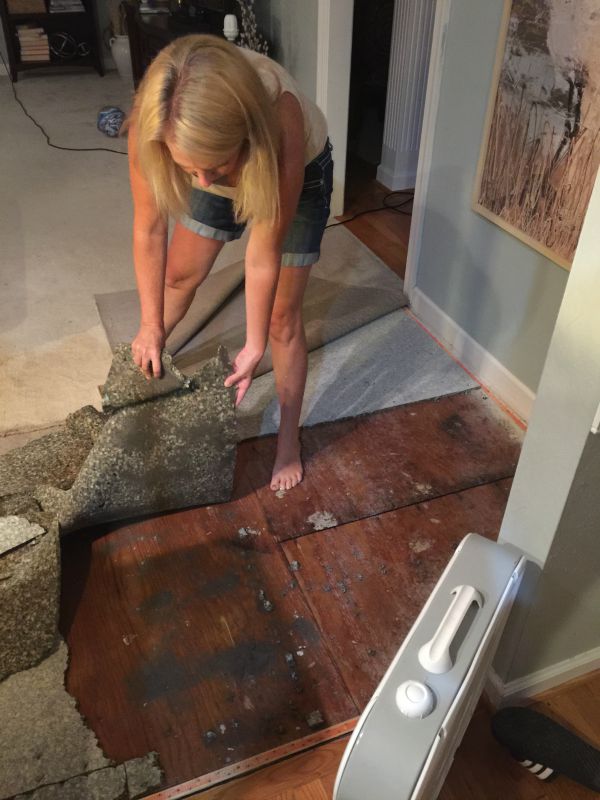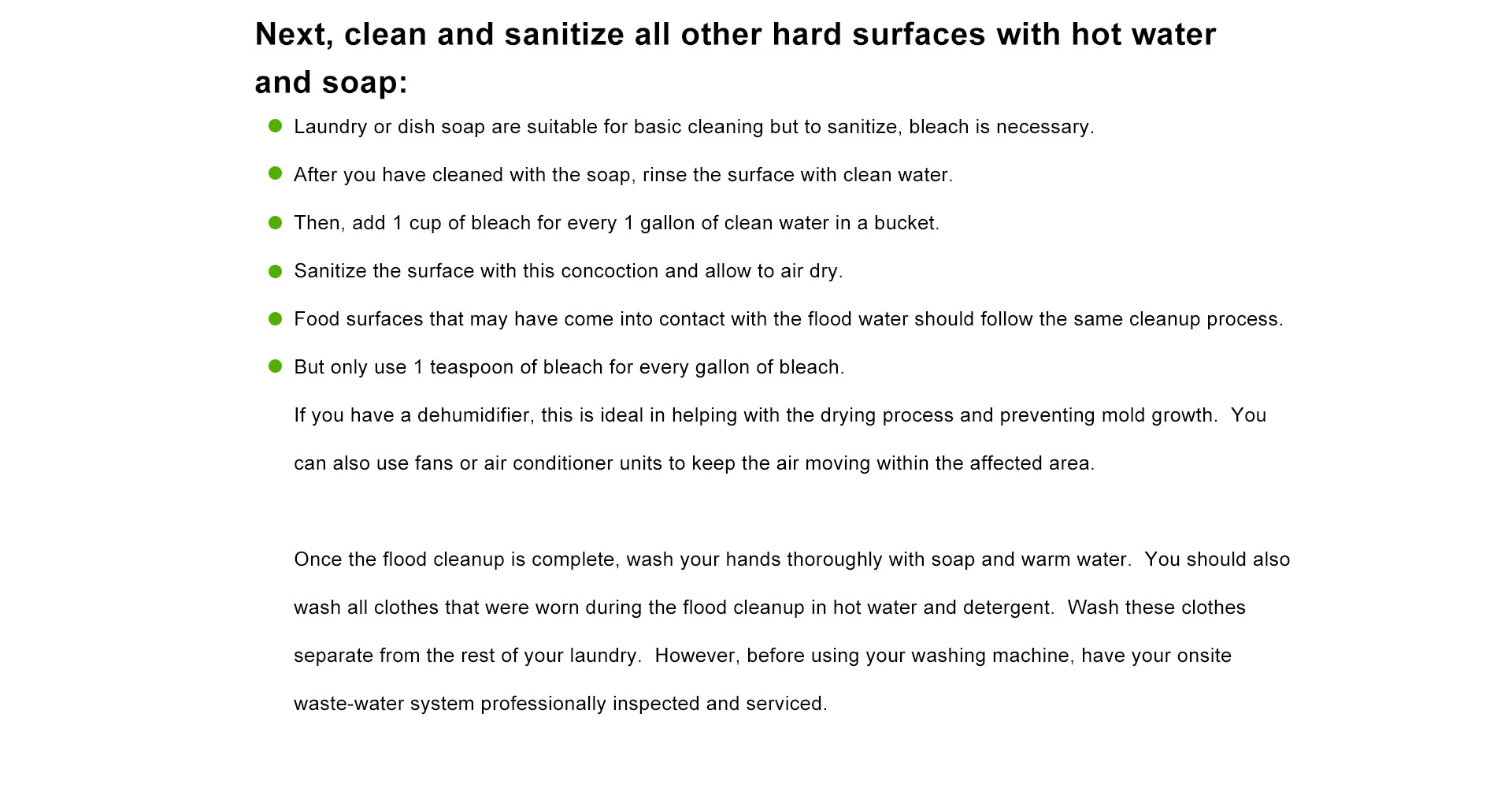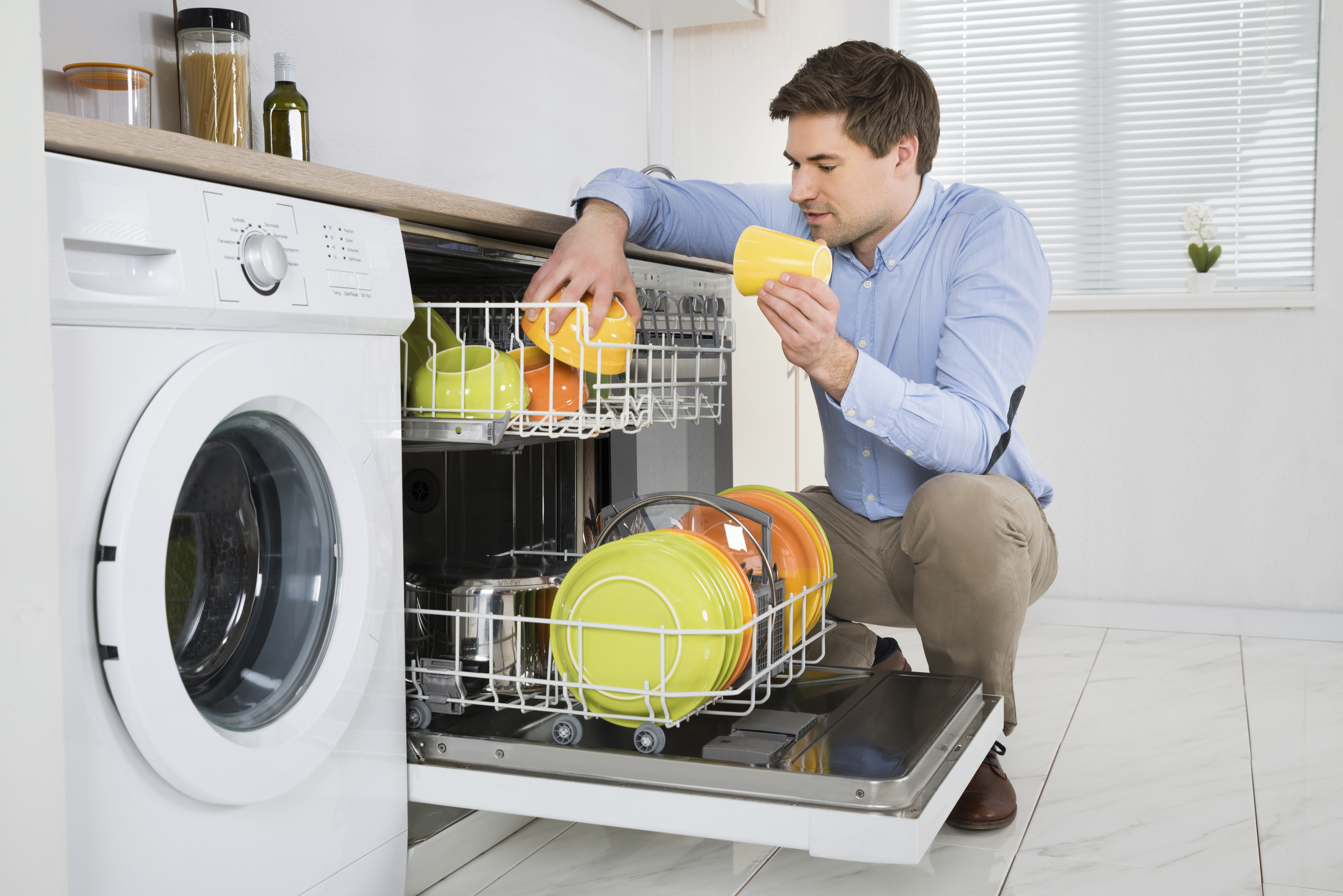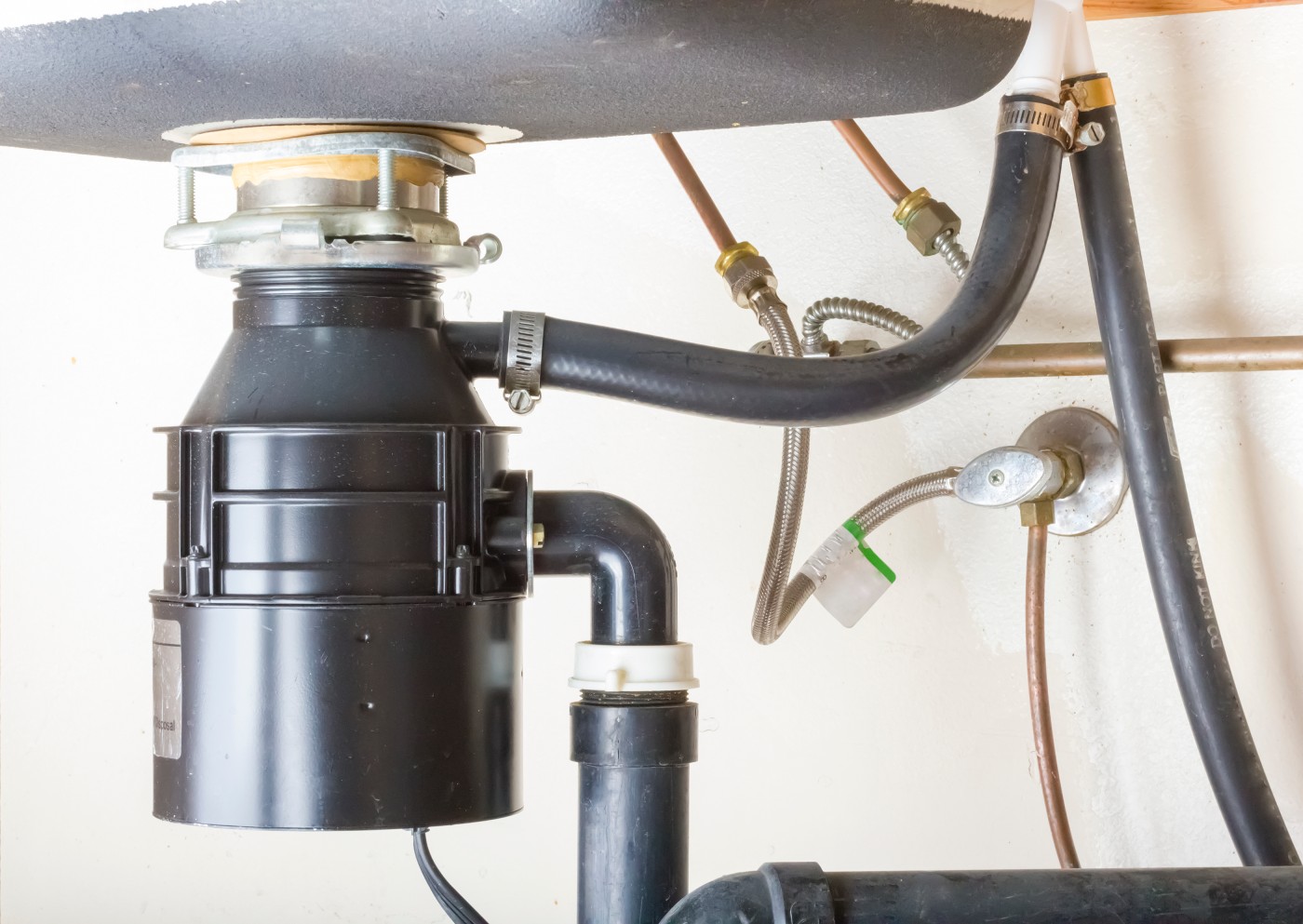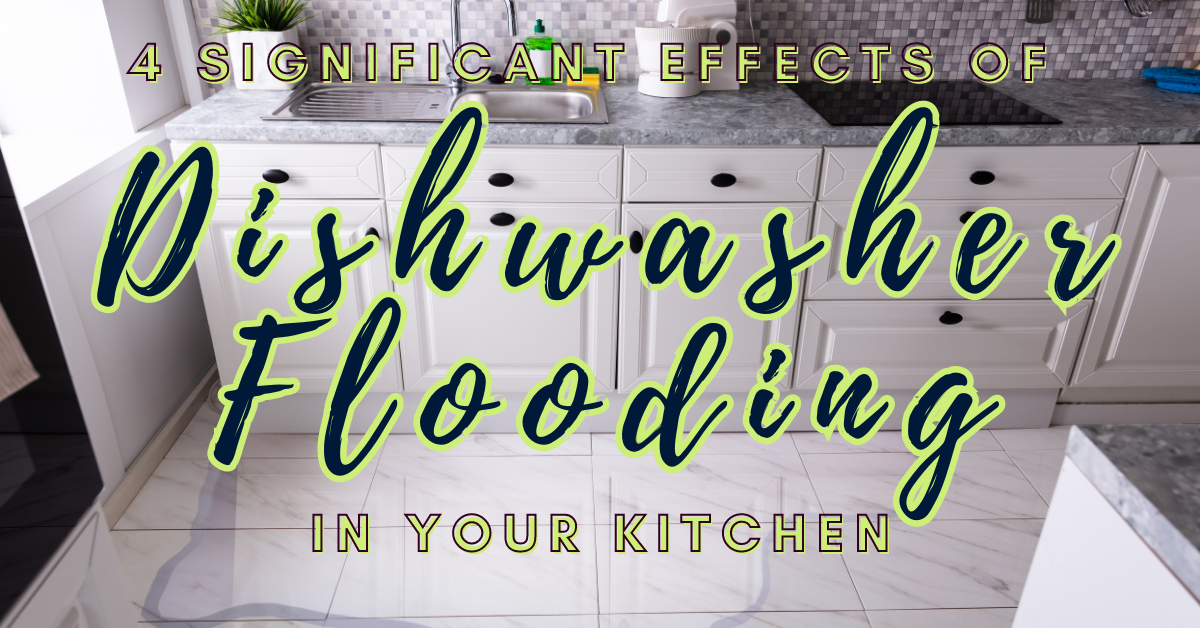How to Fix a Kitchen Sink and Dishwasher Flooding
Dealing with a flooded kitchen sink and dishwasher can be a major headache for any homeowner. Not only is it inconvenient, but it can also cause damage to your kitchen and potentially lead to costly repairs. However, with the right knowledge and techniques, you can fix the issue and prevent it from happening again in the future.
What to Do When Your Kitchen Sink and Dishwasher are Flooding
If you notice that your kitchen sink is overflowing and your dishwasher is not draining properly, the first thing you should do is turn off the water supply to both appliances. This will prevent any further flooding and give you time to assess the situation.
Next, remove any standing water using a bucket or mop. Be sure to wear rubber gloves and protective gear to avoid any potential hazards. Once the water is removed, you can start identifying the cause of the flooding.
Common Causes of Kitchen Sink and Dishwasher Flooding
There are several reasons why your kitchen sink and dishwasher may be flooding. Some of the most common causes include clogged drains, faulty plumbing, and malfunctioning appliances.
Clogged drains are often the culprit behind kitchen sink and dishwasher flooding. Over time, food debris, grease, and other substances can build up in your pipes and cause blockages. This can prevent water from draining properly, leading to overflowing and flooding.
Faulty plumbing, such as a damaged pipe or a loose connection, can also cause flooding. If you notice any leaks or cracks in your plumbing, it's important to address them as soon as possible to prevent further damage.
Lastly, malfunctioning appliances, such as a broken dishwasher or garbage disposal, can also contribute to flooding. If your appliances are not functioning properly, it's best to have them repaired or replaced to avoid any potential flooding incidents.
Preventing Kitchen Sink and Dishwasher Flooding
The best way to deal with kitchen sink and dishwasher flooding is to prevent it from happening in the first place. Regular maintenance and proper usage can go a long way in preventing these issues.
One of the best ways to prevent clogs in your kitchen sink and dishwasher is to avoid putting any large food particles or grease down the drain. Instead, scrape excess food into the trash and wipe greasy dishes with a paper towel before washing them.
You can also use drain guards to catch any debris that may accidentally go down the drain. These can be easily removed and cleaned to prevent clogs from forming.
Signs of a Kitchen Sink and Dishwasher Flooding
It's important to be aware of the warning signs of a potential kitchen sink and dishwasher flooding. This can help you catch the issue early on and prevent any major damage.
If you notice water draining slowly from your sink or dishwasher, it could be a sign of a clog or other issue. You may also hear gurgling sounds coming from your drain or notice a foul odor. These are all indicators that something is amiss and should be addressed immediately.
Steps to Take When Your Kitchen Sink and Dishwasher are Flooding
If your kitchen sink and dishwasher are flooding, there are a few steps you can take to address the issue and prevent further damage.
First, try using a plunger to clear any clogs in your drain. If this doesn't work, you can try using a drain snake or a mixture of baking soda and vinegar to break up any blockages.
If the flooding is caused by a faulty appliance, it's best to turn off the water supply and call a professional plumber for repairs. Trying to fix the issue yourself may lead to further damage and potentially hazardous situations.
DIY Solutions for Kitchen Sink and Dishwasher Flooding
If you're dealing with a minor case of kitchen sink and dishwasher flooding, there are a few DIY solutions you can try before calling a professional.
For clogs, you can try using a plunger, drain snake, or a mixture of baking soda and vinegar to clear the blockage. You can also use a wet/dry vacuum to remove any standing water and debris.
If the issue is caused by a leaky pipe or loose connection, you can try tightening the connection or using plumber's tape to seal any cracks. However, if the issue persists, it's best to call a plumber for proper repairs.
Professional Help for Kitchen Sink and Dishwasher Flooding
In some cases, it's best to leave the job to the professionals. If you're dealing with a major kitchen sink and dishwasher flooding, or if your DIY attempts have been unsuccessful, it's best to call a professional plumber for help.
A plumber will have the necessary tools and expertise to properly diagnose and fix the issue. They can also provide helpful tips and advice on how to prevent similar issues from occurring in the future.
How to Clean Up After a Kitchen Sink and Dishwasher Flooding
Once the issue has been resolved and the water has been drained, it's important to thoroughly clean and disinfect the affected area. This will help prevent any mold or mildew growth and ensure that your kitchen is safe and hygienic.
Start by wiping down any surfaces with a disinfectant cleaner, and use a dehumidifier or fan to help dry out the area. If any items were damaged by the flooding, be sure to dispose of them properly to avoid any potential health hazards.
Tips for Avoiding Kitchen Sink and Dishwasher Flooding in the Future
To avoid dealing with kitchen sink and dishwasher flooding in the future, there are a few preventative measures you can take.
Regularly clean and maintain your appliances and plumbing to prevent clogs and other issues from occurring. Avoid putting large food particles and grease down the drain, and use drain guards to catch any debris.
It's also a good idea to have your plumbing inspected by a professional once a year to catch any potential issues before they become major problems.
The Importance of Proper Plumbing in Kitchen Design

Preventing Kitchen Sink and Dishwasher Flooding
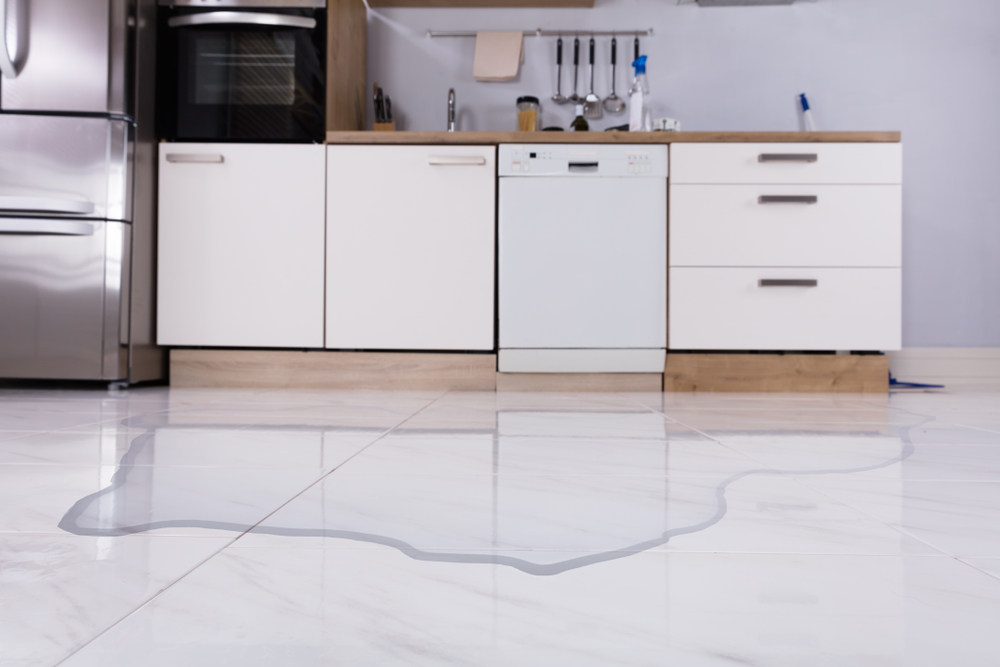 When designing a kitchen, it's important to consider not just the aesthetics and functionality of the space, but also the plumbing system. Neglecting proper plumbing can lead to a range of issues, including kitchen sink and dishwasher flooding. This can not only cause damage to your kitchen, but also pose health and safety risks. Let's take a closer look at why proper plumbing is crucial in preventing these types of disasters.
Kitchen Sink Flooding
One of the main culprits for kitchen sink flooding is a clogged drain. This is often caused by food scraps, grease, and other debris that can build up over time. When this happens, water can't properly drain and may overflow onto your kitchen counter and floor. Not only is this a messy and unpleasant experience, but it can also attract pests and lead to mold growth.
Dishwasher Flooding
Dishwasher flooding can occur due to a number of reasons, including a clogged drain, a malfunctioning pump, or a faulty float switch. Whatever the cause may be, the end result is the same - water spilling out onto your kitchen floor. This can cause damage to your flooring, cabinets, and appliances, as well as create a slipping hazard. In addition, standing water can promote the growth of bacteria and other harmful microorganisms.
How Proper Plumbing Can Help
Having a properly designed and installed plumbing system can help prevent both kitchen sink and dishwasher flooding. For example, installing a garbage disposal unit can help prevent clogs in your kitchen sink drain, while regular maintenance of your dishwasher can keep it running smoothly and catch any potential issues before they become major problems. Additionally, ensuring proper drainage and having a backflow prevention system in place can also help mitigate the risk of flooding.
The Bottom Line
When it comes to kitchen design, don't overlook the importance of proper plumbing. Not only can it save you from the headache and expense of dealing with floods, but it can also promote a healthier and more functional kitchen space. If you're planning a kitchen remodel or experiencing frequent kitchen sink and dishwasher flooding, be sure to consult with a professional plumber to ensure your plumbing system is up to par.
When designing a kitchen, it's important to consider not just the aesthetics and functionality of the space, but also the plumbing system. Neglecting proper plumbing can lead to a range of issues, including kitchen sink and dishwasher flooding. This can not only cause damage to your kitchen, but also pose health and safety risks. Let's take a closer look at why proper plumbing is crucial in preventing these types of disasters.
Kitchen Sink Flooding
One of the main culprits for kitchen sink flooding is a clogged drain. This is often caused by food scraps, grease, and other debris that can build up over time. When this happens, water can't properly drain and may overflow onto your kitchen counter and floor. Not only is this a messy and unpleasant experience, but it can also attract pests and lead to mold growth.
Dishwasher Flooding
Dishwasher flooding can occur due to a number of reasons, including a clogged drain, a malfunctioning pump, or a faulty float switch. Whatever the cause may be, the end result is the same - water spilling out onto your kitchen floor. This can cause damage to your flooring, cabinets, and appliances, as well as create a slipping hazard. In addition, standing water can promote the growth of bacteria and other harmful microorganisms.
How Proper Plumbing Can Help
Having a properly designed and installed plumbing system can help prevent both kitchen sink and dishwasher flooding. For example, installing a garbage disposal unit can help prevent clogs in your kitchen sink drain, while regular maintenance of your dishwasher can keep it running smoothly and catch any potential issues before they become major problems. Additionally, ensuring proper drainage and having a backflow prevention system in place can also help mitigate the risk of flooding.
The Bottom Line
When it comes to kitchen design, don't overlook the importance of proper plumbing. Not only can it save you from the headache and expense of dealing with floods, but it can also promote a healthier and more functional kitchen space. If you're planning a kitchen remodel or experiencing frequent kitchen sink and dishwasher flooding, be sure to consult with a professional plumber to ensure your plumbing system is up to par.

